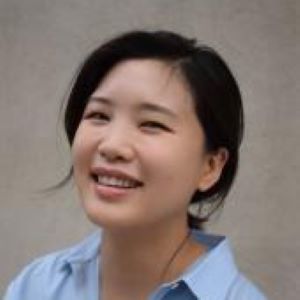
Professor Mee-Ju Ro's research focuses on Asian American literatures, more specifically transpacific women's writings. She also works with Korean texts and their English translations. Both her research and teaching engage with women's writing, race & gender studies, translation theory, performance, and frames that disarticulate national paradigms.
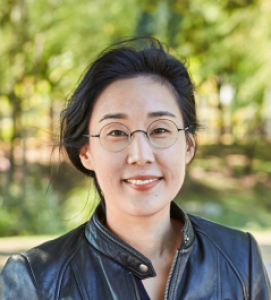
Professor Heo is an anthropologist of religion, media, and economy. Her research and teaching at the University of Chicago's Divinity School covers a range of topics related to the critical study of global Christianities in the modern world. These topics explore the intersection of everyday religious practices with colonial and national institutions of rule, along with political economies of development and globalization.
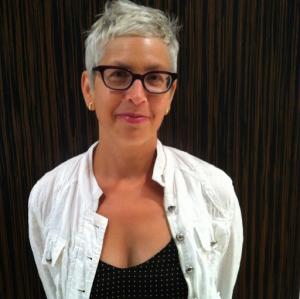
Professor Zeitlin's work combines literary history with other disciplines, such as performance, music, visual and material culture, medicine, gender studies, and film. Her publications include "Historian of the Strange: Pu Songling and the Chinese Classical Tale" and "Shared Dreams: The Story of the Three Wives' Commentary on The Peony Pavilion." She is currently working on a book on ghosts and the Chinese literary imagination, and her research interests also include gender and sexuality and the intersection of literature and medicine, particularly the case history.
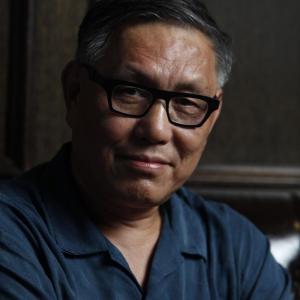
Professor Wu focuses on early Chinese art and relationships between visual forms (architecture, bronze vessels, pictorial carvings and murals, etc.) and ritual, social memory, and political discourses. Professor Wu is also the Director of the Center for the Art of East Asia and a Consulting Curator for the Smart Museum of Art.
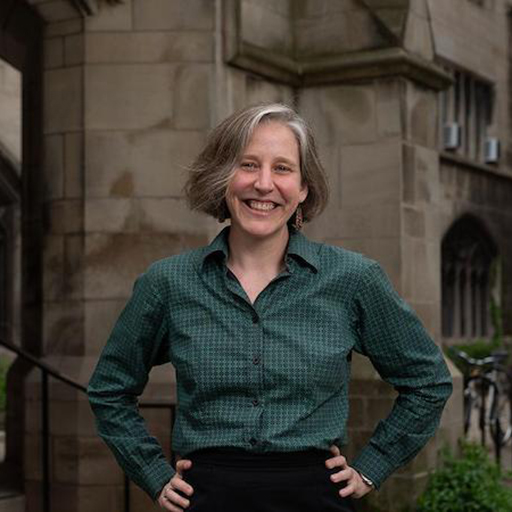
Professor Ransmeier researches local practices revealed in police and judicial records and the intersection of law and family life in modern China. Currently, she is completing a book on the practice of selling people in North China during the Late Qing and Republican periods, the first such work to be devoted to the subject of slavery and human trafficking in China during this period. Her research efforts within China’s judicial archives have also led her to new areas of interest extending beyond trafficking cases.
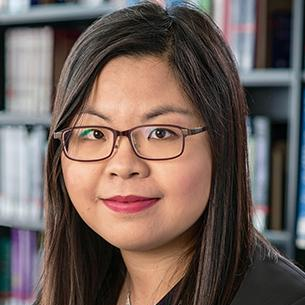
Professor Ma currently teaches at the University of Chicago's School of Social Service Administration. She is a cultural and medical anthropologist and a scholar of disability studies. Her work in general examines how cultural, politico-economic, and technological factors shape the design and implementation of social policies, and how national policies and global development initiatives in turn impact health in/equity, vulnerability, and rights, with a focus on contemporary China.
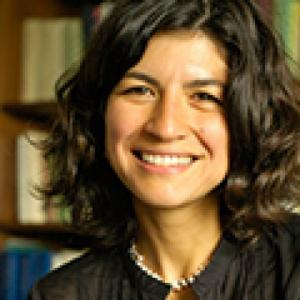
Professor Iovene's work focuses on twentieth and twenty-first century Chinese literature and film. Her areas of research include contemporary Chinese fiction and criticism; popular science; conceptions of Chinese realism, modernism, and avant-garde; the translation of foreign literature in socialist China; narrative temporality in fiction and film; late 1940s cinema; opera film; and post-1989 Chinese independent documentary film.

Professor Eyferth is a historian specializing in the non-elite peoples of China during the twentieth century, particularly the effects of industrialization, collectivization, and revolution on the lives of Chinese women.
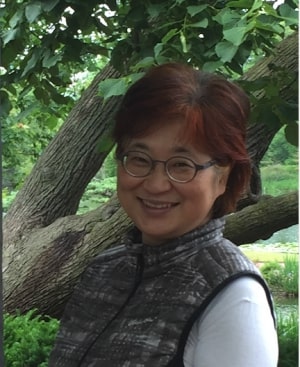
Professor Choi's research analyzes the effects of Japanese imperial rule on the citizens of Korea, and the complex processes of democratization that took place throughout the Cold War period.
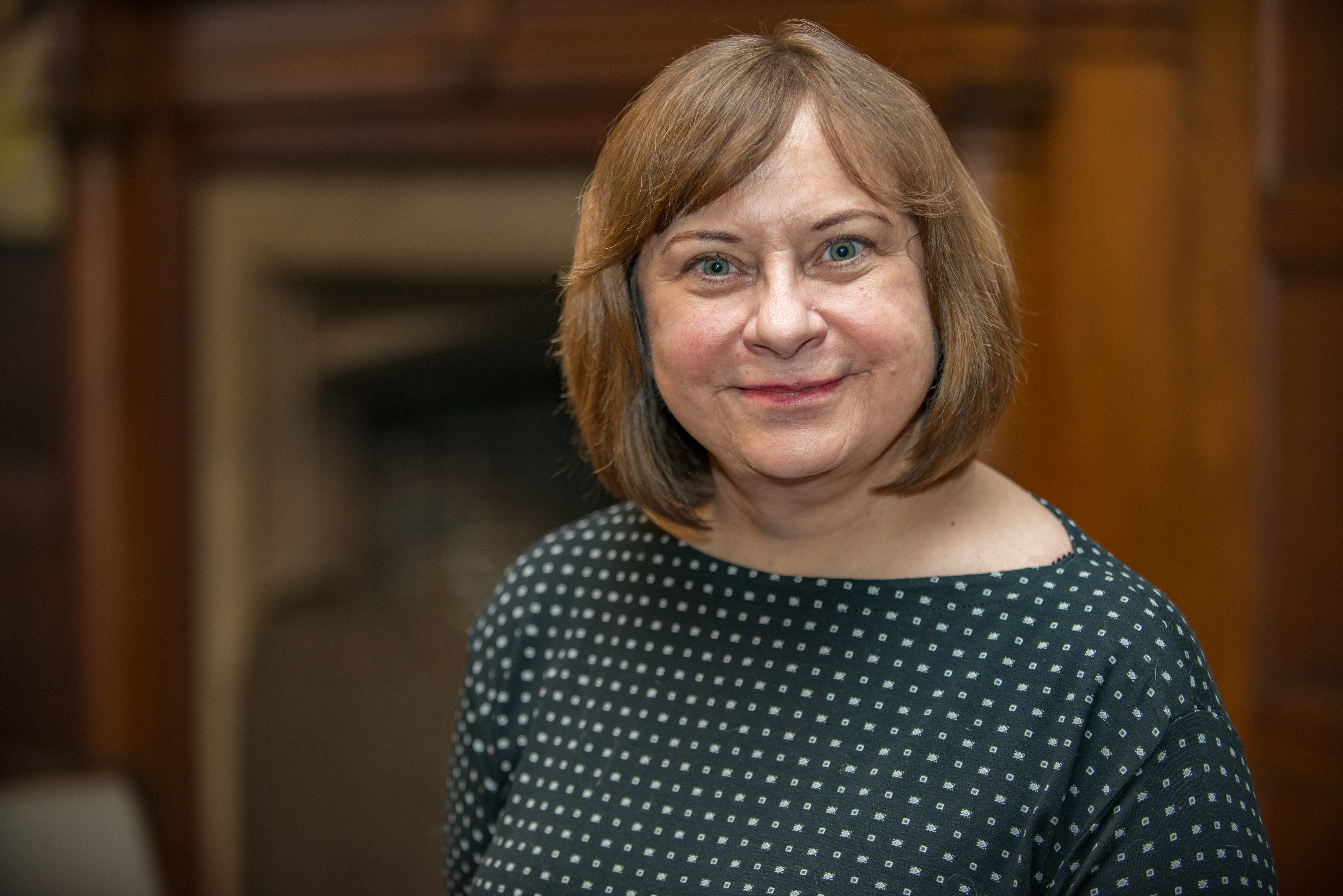
Professor Burns focuses on 19th-century Japanese history, specifically the period between the Tokugawa era and the end of the Meiji period, and also the role of Western medicine in the lives of Japanese women.